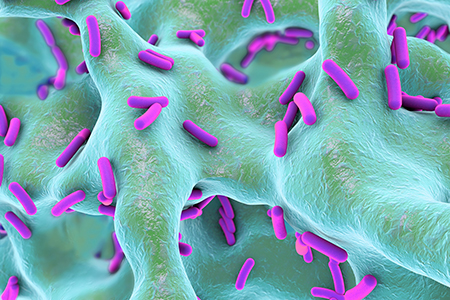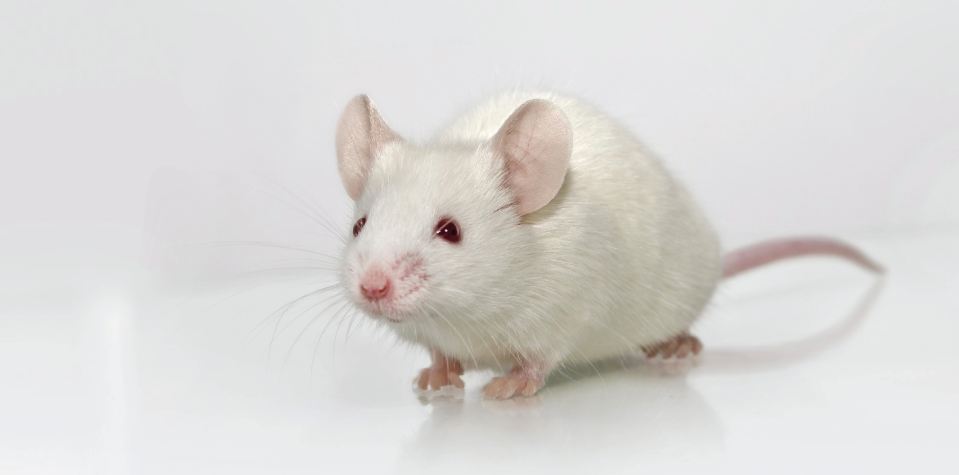 Previously, a number of different studies using germ-free (GF) mice have indicated that the gut microbiota regulates bone density. However, the results have been conflicting. Reports demonstrate both beneficial and detrimental effects of the microbiota on bone health.
Previously, a number of different studies using germ-free (GF) mice have indicated that the gut microbiota regulates bone density. However, the results have been conflicting. Reports demonstrate both beneficial and detrimental effects of the microbiota on bone health. A new study published in mSphere in January 2018 positions itself right in between the conflicting previous studies. The researchers demonstrated no effect of different human and murine microbiotas on the bone health of male and female GF inbred (C57BL/6) or GF outbred (Swiss Webster) mice. For colonizing the GF mice, the authors used fecal samples from conventionally raised mice as well as from healthy omnivorous and vegetarian human donors. The donor communities did not affect bone density and bone parameters were comparable to GF mice. Neither did the genetic background nor sex of the mice influence the bone response to colonization.
While there may be study design differences between this new research and previously published studies that could account for the observed discrepancies, it is also likely that the specific composition of the donor microbial community determines whether there is a good, bad, or neutral effect on bone metabolism.
These new research results demonstrate that the impact of the gut microbiota on bone health cannot be generalized. Studies like this identifying neutral microbial communities to bone health may pave the road for distinguishing specific microorganisms that may either positively or negatively affect bone metabolism.
















.jpg)

.jpg)
.jpg)
.jpg)
.jpg)





.jpg)


.jpg)
.jpg)

.jpg)


.jpg)





.jpg)

.jpg)



